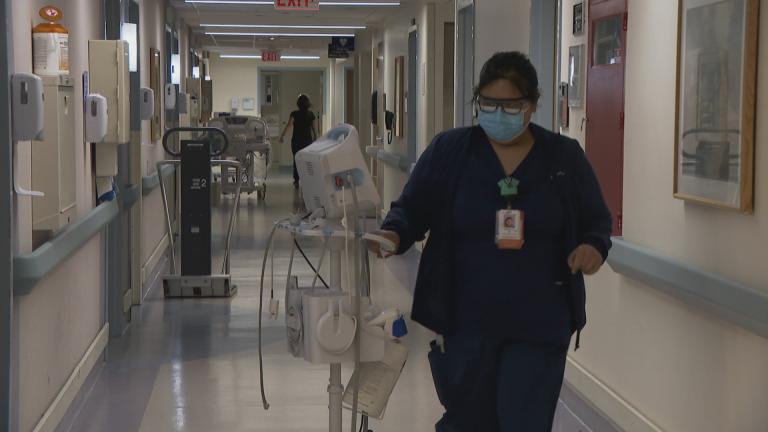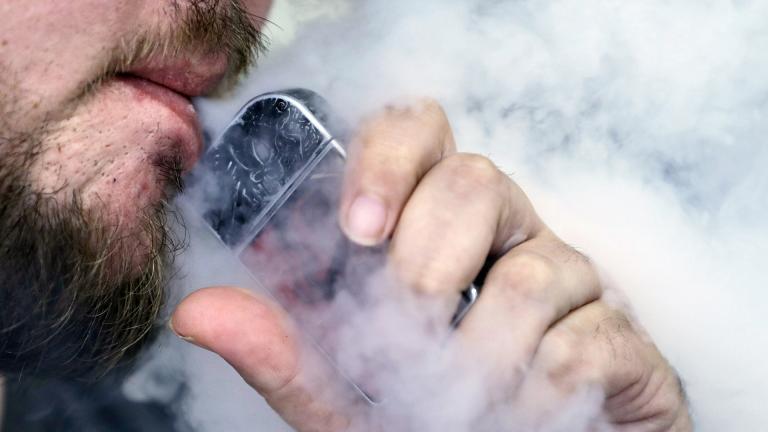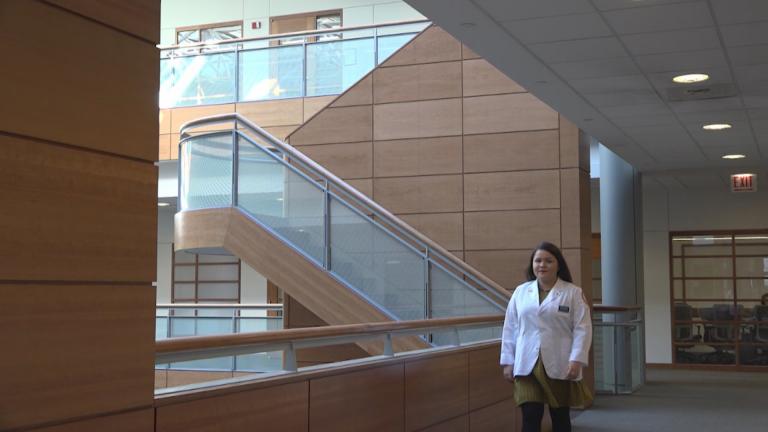Delegates at the American Medical Association’s yearly meeting rejected a call Monday to keep in place the group’s current guidelines on physician-assisted suicide.
As it stands, the AMA code of ethics reads, in part: “It is understandable, though tragic, that some patients in extreme duress—such as those suffering from a terminal, painful, debilitating illness—may come to decide that death is preferable to life. However, permitting physicians to engage in assisted suicide would ultimately cause more harm than good.”
“Physician-assisted suicide is fundamentally incompatible with the physician’s role as healer, would be difficult or impossible to control, and would pose serious societal risks.”
After a two-year study, an AMA ethics panel recommended keeping that language. But members voted down that recommendation in favor of further study.
“The (ethics panel’s) work and resulting report have added clarity to the issue and emphasized that physicians from all perspectives share a common commitment to the core values of care, compassion, respect, and dignity for their patients,” former AMA President Dr. Andrew Gurman said in a statement.
The national medical director for patient advocacy group Compassion & Choices expressed optimism after the vote. “Many of the AMA’s constituent societies favor neutrality in order to respect and protect doctors and patients whether they decide to participate in this medical practice or not,” said Dr. David Grube in a statement. “I’m heartened that the AMA House of Delegates is open to continuing to study and learn about this issue when there is no clear consensus among AMA members.”
But the executive director of the Patients’ Rights Action Fund wasn’t impressed. “(It’s) a lost opportunity and a failure to stand against a policy that has grave consequences for everyone, but especially persons living with illness, disabilities, or socioeconomic disadvantage. Assisted suicide is not medical care,” Matt Vallière told the Washington Post.
Joining Chicago Tonight to help explain end-of-life care and the debate over physician-assisted suicide:
Dr. Daniel Brauner, a specialist in geriatrics and palliative care and a medical ethicist at the University of Chicago’s MacLean Center for Clinical Medical Ethics.
Dr. Mark Shields, a board certified internist and an advisor for a national consulting firm who is the former senior medical director for Advocate Physician Partners.
The AMA declined to participate.
Related stories:
How to Address Rising Suicide Rates in the US
Suicide Rates in Illinois Rise 23 Percent from 1999 to 2016: CDC
Is the Opioid Epidemic Leaving Chronic Pain Patients Out in the Cold?






